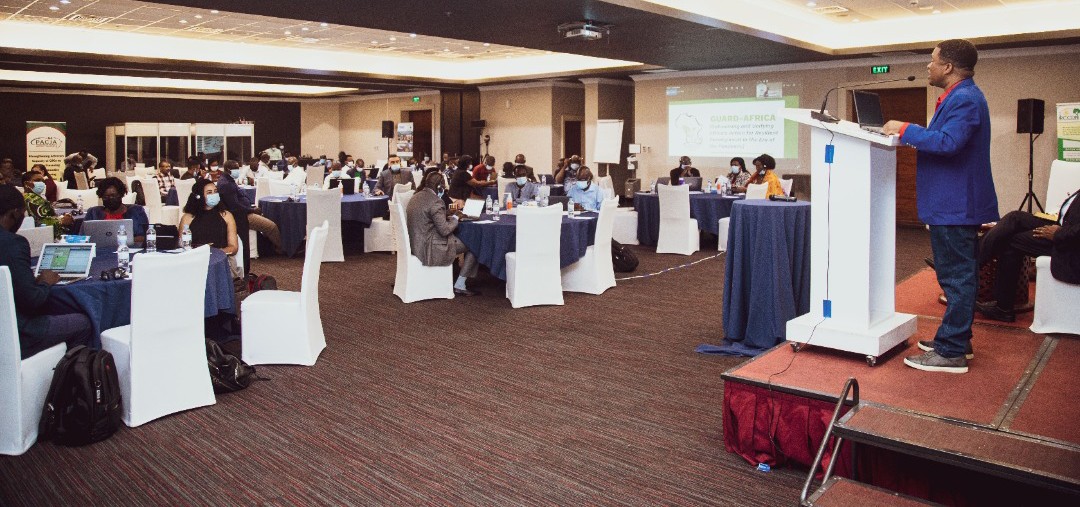
A group of African civil society organisations coalescing under the Pan African Climate Justice Alliance (PACJA) have called for more finance on loss and damage.
This call was made at an African CSOs Consultative Dialogue on Financing Adaptation, Loss and Damage for Enhanced Sustainable Development on the sidelines of the eighth African Regional Forum on Sustainable Development (ARFSD8) in Kigali, Rwanda.
The Group highlighted that “only 25% of adaptation finance is provided as grants, even in the Least Developed Countries and other low-income countries, loans for adaptation constitute about 30% of all adaptation finance. Africa needs finance on loss and damage.”
Dr Augustine Njamnshi, the Chair of Political Affairs in PACJA, speaking in the dialogue, noted that the poorest and most vulnerable have contributed the least to climate change and therefore should not be required to bear the burden of adaptation, loss and damage finance.
According to a policy brief by Care International and Oxfam, adaptation finance continues to be neglected, he said.
“There is virtually no progress in increasing the share of adaptation finance in overall climate finance, despite the objective enshrined in the Paris Agreement to reach a balance between mitigation and adaptation financing. Worse of it, adaptation finance is too often provided as loans, rather than grants, indebting developing countries further, to address a crisis they had little or no role in causing,” he poised.
Dr Njamnshi urged governments to see finance for loss and damage as a responsibility and act quickly to tackle climate adaptation and alleviate the risk associated to the climate crisis.
“While there has been progress in the process of prioritising adaptation in the Glasgow Climate Pact, in practice, there is very little substantive achievements. We will continue to step up our calls on the need to address the difficulties and complexities involved in adaptation actions and the need to make the Glasgow – Sharm el-Sheikh Work Programme operational to enable full and sustained implementation of the Global Goals on Adaptation, as well as to measure progress,” he added.
Nicholas Abuya, Global Policy Lead Care International, highlighted that there had been lots of struggles about who should provide adaptation finance.
Bertha Argueta, Senior Advisor – Climate Finance and Development, GermanWatch spoke about Green Climate Fund (GCF) financing and access.
She said, “GCF gives more priority to finance accountability that has consequently hindered the equitable access to funding by developing countries.”
According to Fredrick Ouma, African Group Negotiators (AGN), developed countries usually over-estimated the actual financial support they provide to developing and least developed countries by using a generous accounting methodology for projects where adaptation components are only minor.
He stressed that more effort was needed to ensure adaptation initiatives, projects, programmes, and policies were promoted, and key principles of good adaptation practice such as human rights and gender equality were implemented.
Olufunso Sumorini, Africa Development Bank, noted that countries at the lowest form of development were the most vulnerable to climate change.
“Adaptation must speak to Africa’s current level of development. It’s quite unfortunate that adaptation finance continues to suffer despite being a priority. Meanwhile, adaptation is the core centre of AfDB policy and investment. Last year, 63% of finance tracking went to adaptation finance, a notable increase of 49% in 2019,” Sumorini added.
He encouraged CSOs to see adaptation as everybody’s business and not just the government’s. He said, “going to COP27, we should look to address our structural challenges that hinder fund access.”













